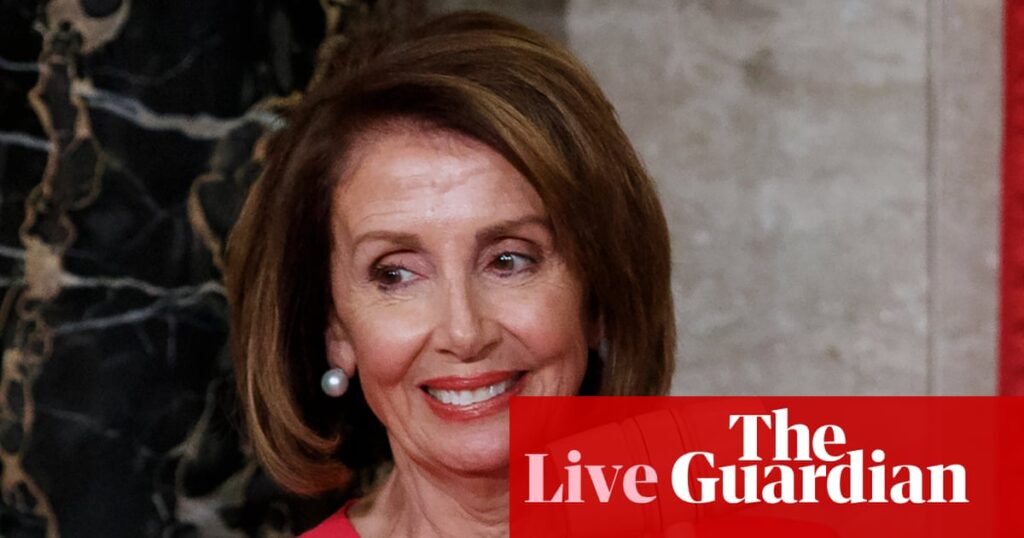
Nancy Pelosi, the former Speaker of the House and a towering figure in American politics, has announced she will not seek re-election to Congress in 2026. The announcement was made via a video message released today, signaling the end of a nearly 40-year career in the U.S. House of Representatives. Pelosi, 85, who has represented most of San Francisco, stated, “I look forward to my final year of service as your proud representative.”
Pelosi’s decision marks the conclusion of an era characterized by her leadership through significant legislative milestones and political challenges. Serving 20 terms in Congress, Pelosi became the first female Speaker of the House in 2007, a role in which she guided Democrats through pivotal moments such as the 2008 financial crisis and the passage of the Affordable Care Act in 2010.
Pelosi’s Legacy and Impact
Throughout her tenure, Pelosi was known for her tenacity and strategic acumen. Her leadership was instrumental in passing sweeping climate and infrastructure measures under President Biden. Reflecting on her career, Pelosi stated, “I was able to represent our city and our country around the world with patriotism and pride.”
Her influence extended beyond legislative achievements. Pelosi was a central figure in the Democratic Party, often targeted by Republican opponents in political ads, becoming a symbol of Democratic governance. Her resilience was evident when she reclaimed the speakership in 2018, navigating a divided caucus with emerging progressive voices.
The Political Landscape and Future Implications
Pelosi’s announcement comes amid a broader intra-party reckoning over the age of its leaders. In 2022, she stepped down as House Democratic leader, advocating for a “new generation” to lead. This decision aligns with a growing call for generational change within the party, as evidenced by the retirement announcements of long-serving Democrats like Jan Schakowsky and Jerry Nadler.
The departure of Pelosi from the political scene is expected to trigger a competitive primary for her San Francisco seat, a district she has held since 1987. Already, two Democrats have entered the race, with more likely to follow.
Historical Context and Expert Opinions
Pelosi’s career is a testament to the evolving role of women in American politics. As the first woman to hold the Speaker’s gavel, her leadership paved the way for future female politicians. Her tenure is often compared to that of other trailblazing women in politics, such as Margaret Thatcher in the UK and Angela Merkel in Germany.
Political analysts note that Pelosi’s departure could reshape the Democratic Party’s strategy and leadership dynamics. According to political strategist James Carville, “Pelosi’s exit opens the door for new leadership styles and strategies that could redefine the Democratic Party’s approach in the coming years.”
“I have no doubt that if I decided to run, I would win,” Pelosi told CNN earlier this week, underscoring her confidence in her enduring political influence.
Looking Ahead: The Next Chapter
As Pelosi prepares for her final year in Congress, her legacy will continue to influence American politics. Her decision not to seek re-election is likely to energize debates about term limits and the future of party leadership. The open seat in San Francisco will be a focal point for political observers, as it could signal shifts in the Democratic Party’s priorities and strategies.
Pelosi’s departure will undoubtedly leave a significant void in Congress, but it also presents an opportunity for new voices to emerge and shape the future of American politics. As the Democratic Party navigates this transition, Pelosi’s impact will remain a guiding force for many of her colleagues and successors.
In conclusion, Nancy Pelosi’s decision to step down marks the end of a significant chapter in U.S. political history, but it also heralds the beginning of a new era for the Democratic Party and American governance.







